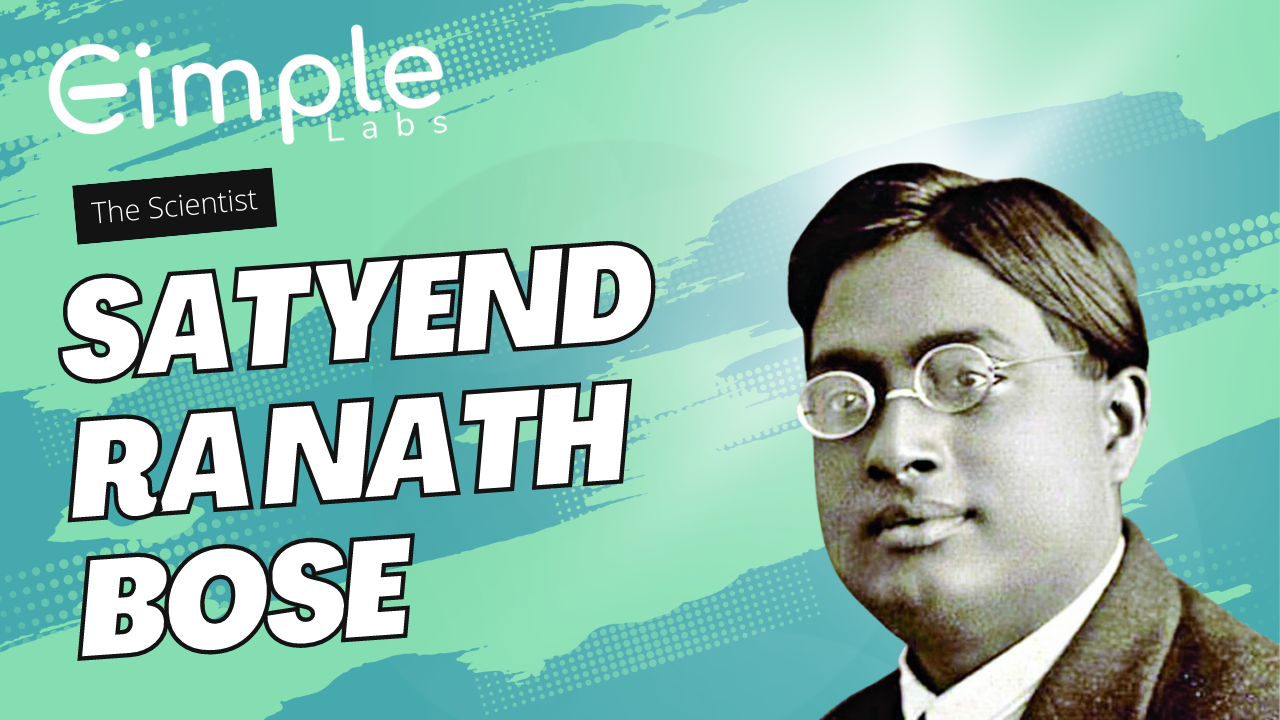Satyendra Nath Bose was an Indian physicist and mathematician who is best known for his work on quantum mechanics in the early 1920s. He is best known for his work on the statistical mechanics of subatomic particles, which led to the development of the Bose-Einstein statistics and the prediction of the phenomenon of Bose-Einstein condensation. He was also a Fellow of the Royal Society and was awarded the Padma Vibhushan, the second-highest civilian award in India, in 1954. Bose was born on January 1, 1894, in Calcutta, India, and died on February 4, 1974. He received his education at the University of Calcutta and later at the University of Cambridge. He was a professor at the University of Calcutta and later at the University of Dhaka.
In addition to his work on quantum mechanics and statistical mechanics, Bose made significant contributions to the fields of condensed matter physics and relativistic wave equations. He is also known for his work on the theory of radiation and the electromagnetic properties of the electron. In 1924, Bose sent a paper to Albert Einstein in which he derived Planck’s quantum radiation law without any reference to classical physics. Einstein was so impressed by Bose’s work that he translated the paper into German and had it published in a German physics journal. This was the starting point of the Bose-Einstein statistics and the Bose-Einstein condensates.
Bose was a strong advocate for the development of science and technology in India and played a key role in the establishment of the Institute of Nuclear Physics (now known as the S.N. Bose National Centre for Basic Sciences) in Calcutta. He was also a member of the Indian National Science Academy and the Indian Academy of Sciences.
Bose was honored with many awards and recognitions throughout his career, including the Padma Bhushan in 1954 and the Padma Vibhushan in 1968. He was also awarded the prestigious fellowship of the Royal Society in 1958 and was honored with the title of National Professor by the Government of India in 1962.
Despite his many achievements, Bose remained a humble and unassuming person throughout his life, devoting himself to the pursuit of knowledge and the betterment of his country. He passed away on February 4, 1974, but his contributions to the field of physics continue to be recognized and studied today.

